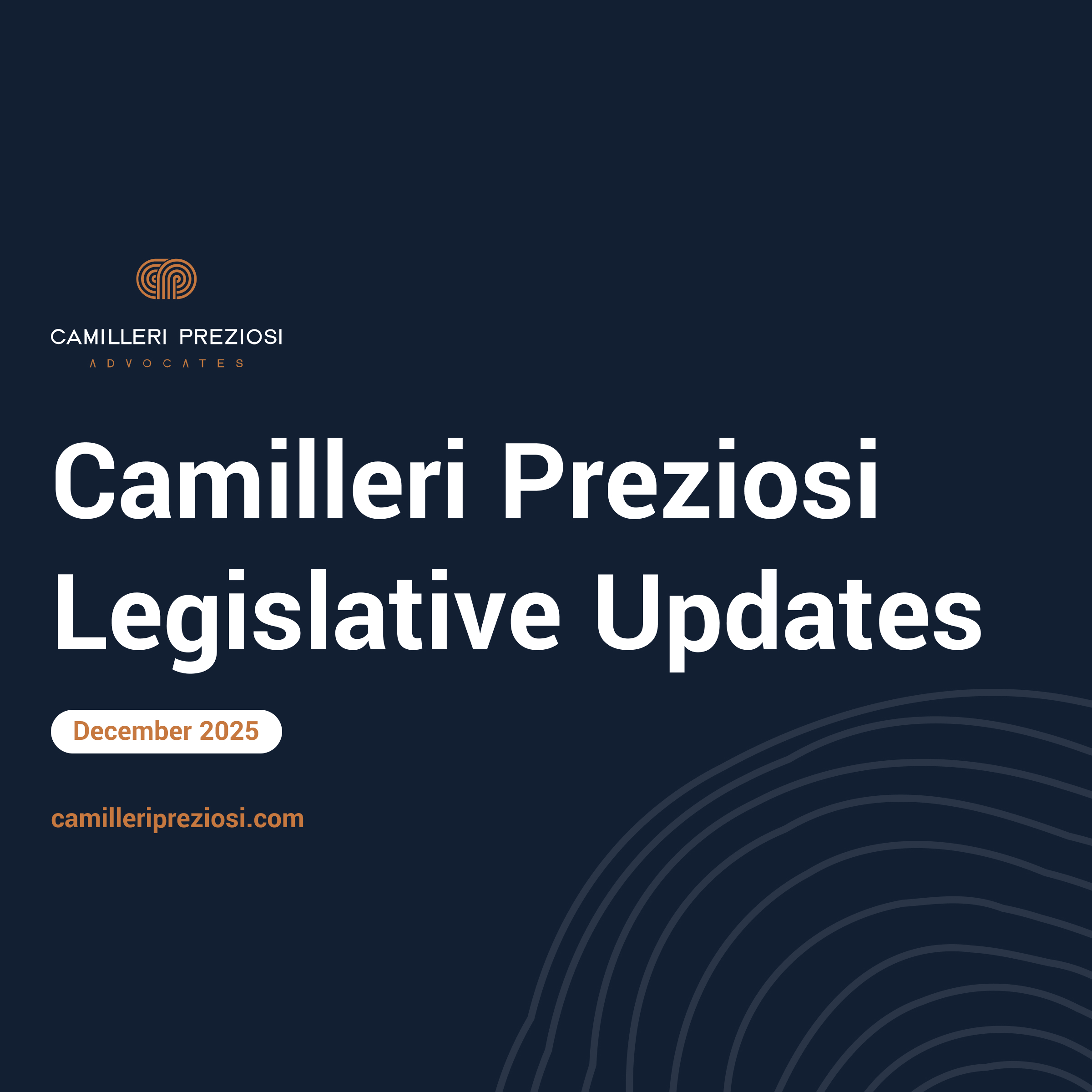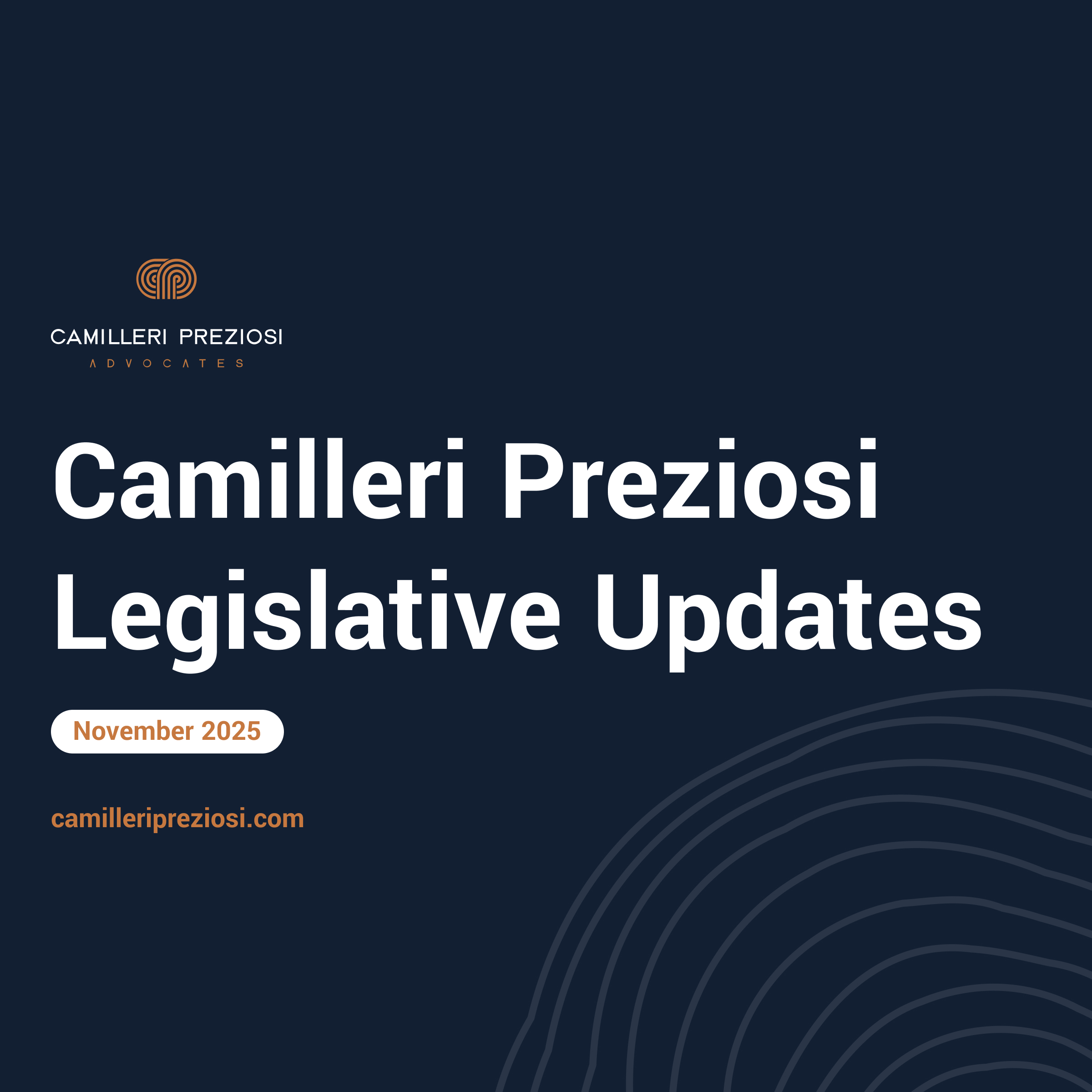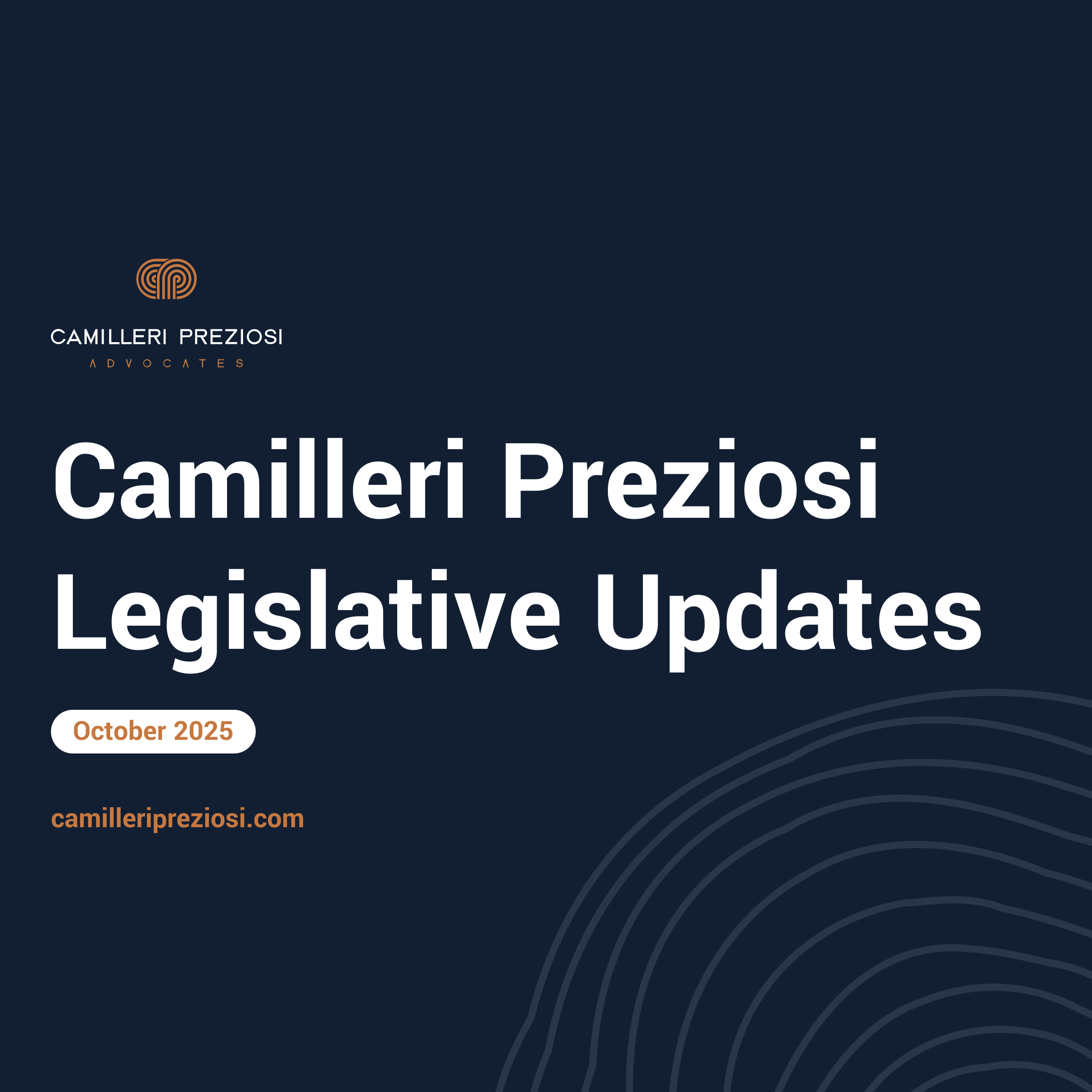The money laundering offence established by the Prevention of Money Laundering Act (Cap 373 of the Laws of Malta, “PMLA”) is defined with reference to participation in a criminal activity, including, conversion, acquisition, possession or use of proceeds from such criminal activity. Attempting any of these activities, or acting as an accomplice in relation thereto, would also fall within the scope of the money laundering offence.
The existence or otherwise of a money laundering offence therefore hinges on whether the act in question constitutes ‘criminal activity’ and it is this term in particular that is broadly defined under Maltese law to include:
any activity, whenever or wherever carried out, which, under the law of Malta or any other law, amounts to:
a) a crime or crimes specified in Article 3 (1) (a) of the United Nations Convention Against Illicit Traffic in Narcotic Drugs and Psychotropic Substances adopted on the 19th December 1988 in Vienna reproduced (in the English language only) in the First Schedule to this Act; or
b) one of the offences listed in the Second Schedule to this Act.
(emphasis added)
Whilst the offences listed in the First Schedule to the PMLA relate to the illicit substance and drug trafficking, the Second Schedule simply refers to ‘any criminal offence’. Further, the benchmark test for assessing the existence or otherwise of a ‘criminal activity’ must not only be made with reference to Maltese law but must also extend to “any other law”. This is particularly challenging not only for Maltese companies who are operating in foreign jurisdictions but also for subject persons in terms of the Prevention of Money Laundering and Funding of Terrorism Regulations (S.L. 373.01 of the Laws of Malta), which must ascertain that their customers are operating according to the laws of Malta and any other jurisdictions they may be active it; if not, the obligation to raise an STR remains incumbent on the subject person.
In practice, a literal reading of the extensive definition of ‘criminal offence’ gives rise to intricate considerations. One such example would be that of a company based in Malta which chooses to invest in another company operating in, say, the recreational cannabis and/or brothel management industries in the Netherlands; this, in terms of the PMLA, would tantamount to the money laundering offence, even if such activities are considered as perfectly legal in the Netherlands. It follows, therefore, that a subject person offering its services to this Malta-based company (including auditors, tax advisors, etc) would be obliged to file an STR with the FIAU on this basis.
The converse would also hold in that if a Malta-based company exchanges particular currencies in the territory of a jurisdiction where such exchange would be illegal, this activity would still tantamount to a criminal offence even if such action would be perfectly legal in Malta. Likewise, a Maltese company which is transacting in USD dollars and which is breaching OFAC sanctions would also be captured by this definition (as well as being subject to action being taken against it by US authorities).
With reference to this latter scenario in particular, the EU Directive on combating money laundering by criminal law (Directive (EU) 2018/1673), which must be transposed by Member States by 3 December 2020, does offer some relief in that it provides that convictions for money laundering should be limited to offences that extend to property derived from conduct that occurred on the territory of another Member State or of a third country, where that conduct would constitute a criminal activity had it occurred domestically; yet, this remains at the discretion of the different Member States, such that Malta may still decide to retain the current status quo. Further, where the offences relate to participation in an organised criminal group and racketeering; terrorism; trafficking in human beings and migrant smuggling; sexual exploitation; illicit trafficking in narcotics and psychotropic substances; and corruption, Malta is required to criminalise the predicate offence even if the conduct was lawful in the jurisdiction in which it was committed.
In light of the above, operators and subject persons in Malta must be mindful of these issues as the repercussions of being charged with a criminal offence are significant, both from a financial as well as from a reputational perspective. Similarly, where local entities operate overseas, especially in jurisdictions with considerably different legal regimes, it may be wise to obtain legal advice on the legality of the intended activities.









